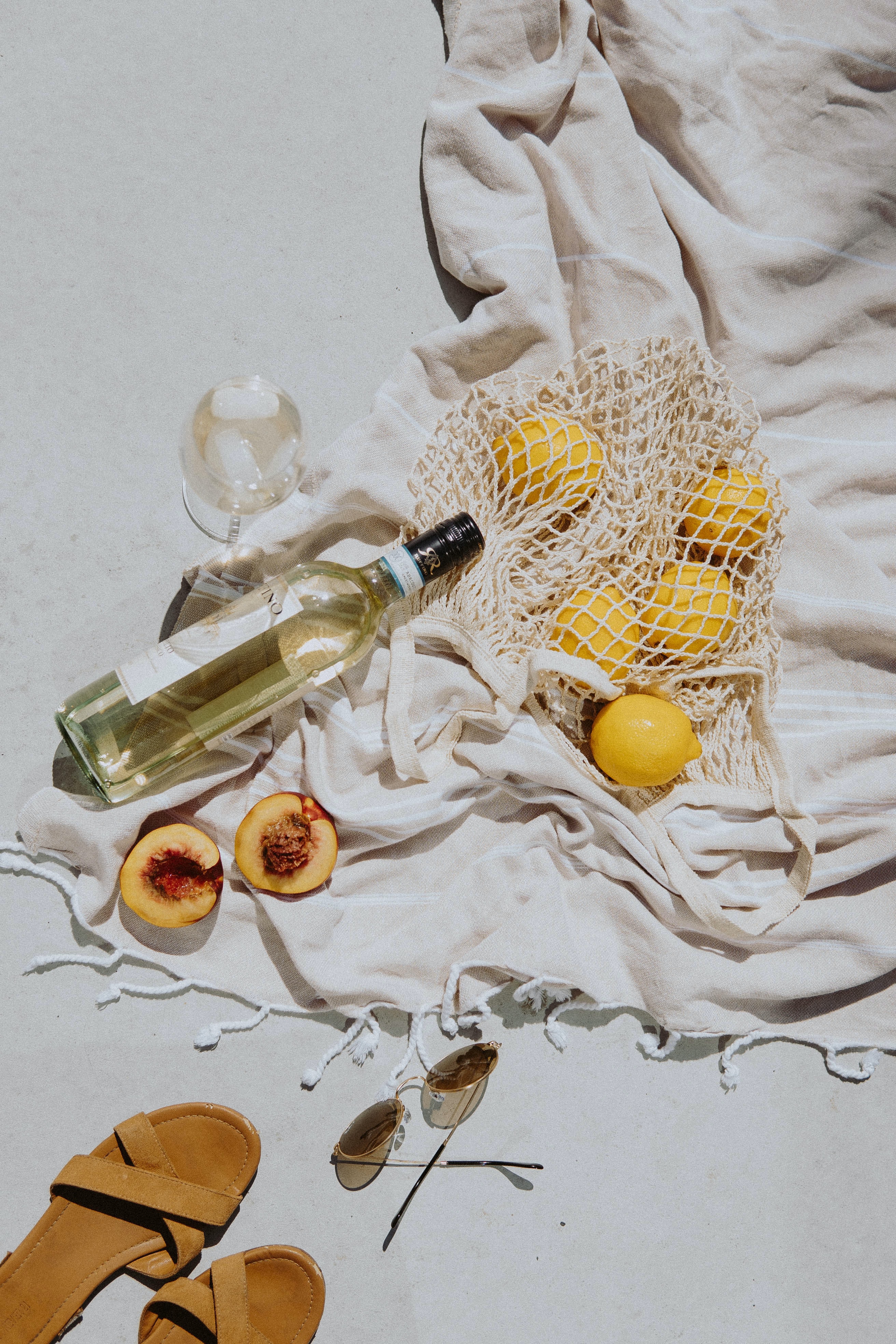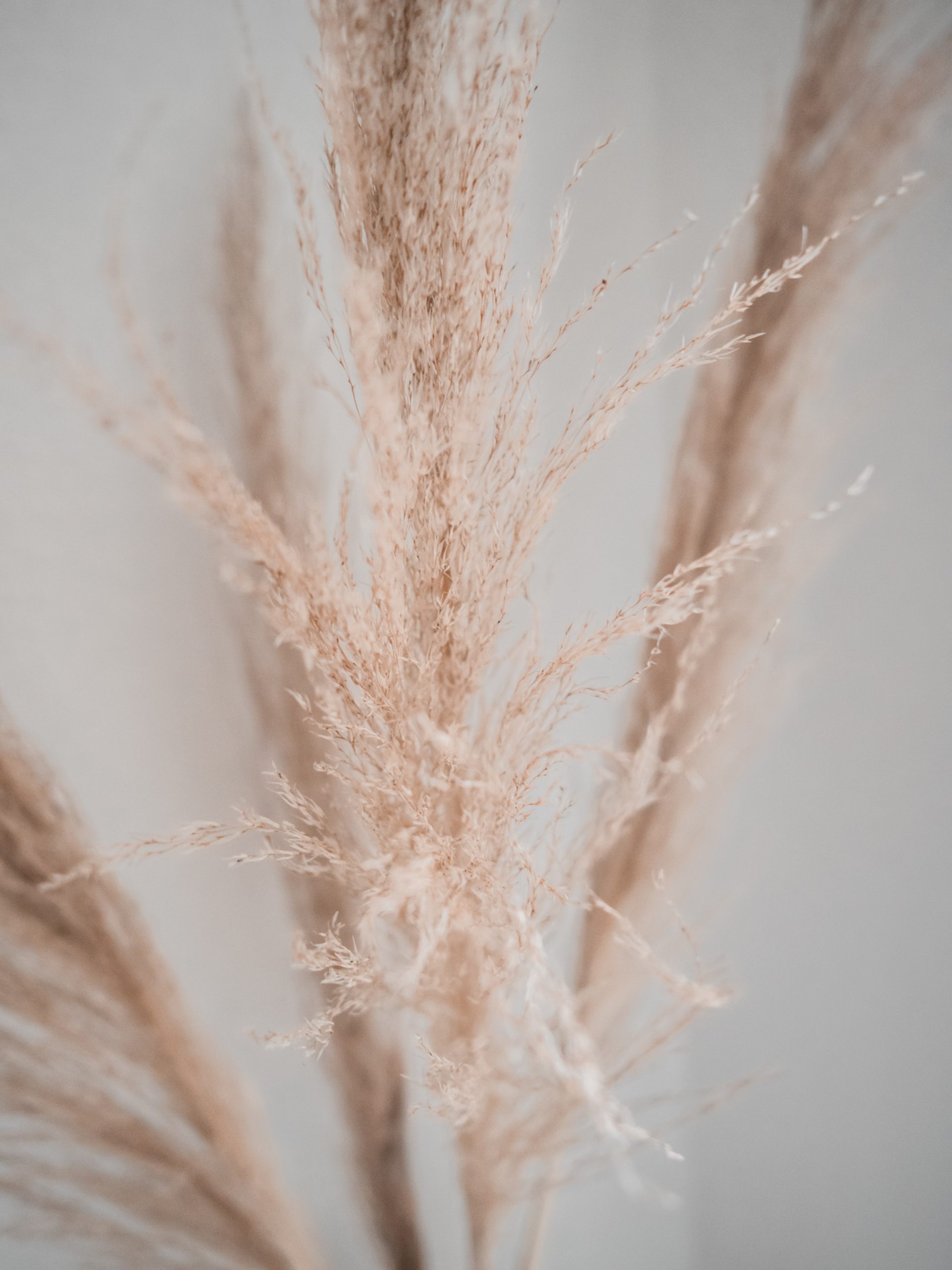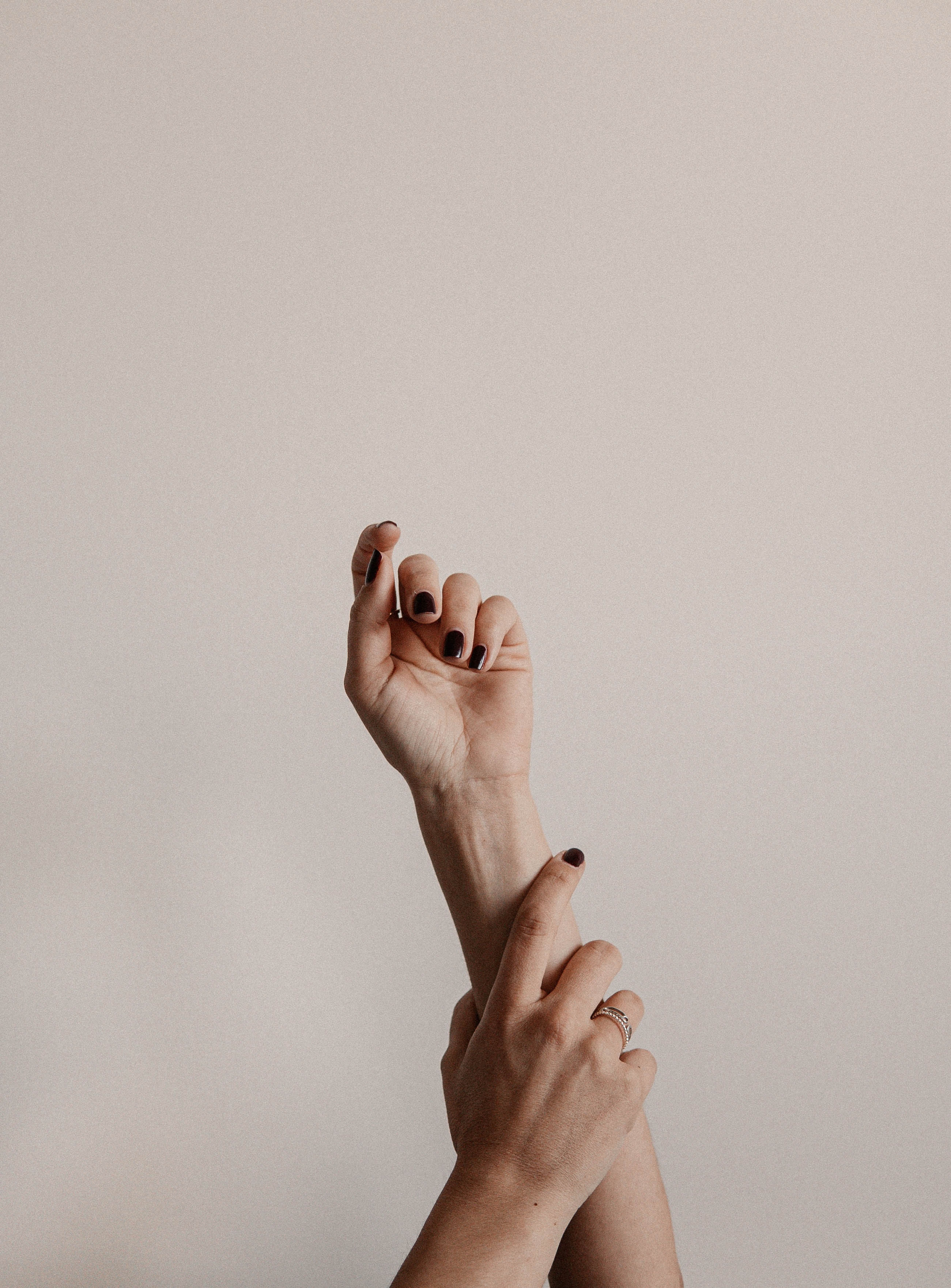Can you imagine a world where you’re 80 and considered “the youth” of the nation?
That world exists for the Okinawan people, the indigenous people of the Ryukyu islands of Japan, who are amongst one of the populations with the longest life expectancy rates.
Do I want to know EVERY. SINGLE. THING. ABOUT. THEIR LIFE!?!?!?
Yes, I do…. and not just because they live LONG – but because, they LIVE WELL, with less disease, less stress, more ease, and a deep sense of purpose throughout their life 💯💯💯💯
Here are a few of my favorite things that stand out about Okinawans:
THEIR ATTITUDE
They live by “nankuru-nai-sa,” which means “things will work out somehow. This reflects their laid-back nature, the value placed on forgiveness, and a general flow through life. I would like my generally Type A husband to live a little bit more by this 😜😜!
TIME IS NOT MONEY
Punctuality is relaxed, and there is a forgiving attitude toward being late. Here in the US, time is money — and if you’re late or someone else is late to your set meeting time, you likely feel frustrated that time and money have been wasted for no reason. But Okinawans don’t abide by this “linear vision” of time like we do in America. While “time is money” is meant to motivate us, the question I toy with is– is it actually motivating or just adding unnecessary stress to our lives while robbing us of the things that make us TRULY HAPPY?
DIET
(HERE’S WHERE IT GETS INTERESTING!!!! )
FOOD AS MEDICINE
It shouldn’t shock you that they don’t diet.
Nope, no intermittent fasting rules or calorie counting (not to mention most food they eat is home prepared, local, seasonal, and WITHOUT single-use plastic packaging).
They refer to food as “nuchigusui” which means “medicine of life,” recognizing that a balanced diet (notice I didn’t say restrictive and weight-management obsessed!!) builds a healthy body. From this perspective, they look at food as abundant and a form of nourishment. Not a self-destructive act that should be “burned off”.
I mean, when you truly see food as delivering valuable nutrients into your body, why would you want to immediately burn that off??
WHAT THEY EAT
Their diet (again, simply meaning, the food they eat) is mostly carbs from the land! They’re not “VEGAN”, but they naturally eat what’s around and are easy to forage, which ends up being a lot of plant-based foods…and, lots of soy too! Both of which are pretty “no-no!” n our world of what’s “healthy” 🙄🙄🙄 🙄
They also EAT a huge variety of foods – I’m talking 18 different fruits and veggies per day! Take a second to count how many different foods you eat/per day.
With an emphasis on sea veggies like seaweed/algae. They’re not focused on one superfood OR strictly limiting food groups deemed “bad” – their focus is on color and a vast array of nutrients that can be found within each meal.
HOW THEY EAT
They appreciate food after the meal is done, recognizing its purpose is fostering good health – far different than the guilt we’ve been conditioned to feel or the worry over “if we ate too much!” While I’m always one to be grateful pre-meal or even say a prayer, I love this added feeling of fostering gratitude POST MEAL.
HOW MUCH THEY EAT
They eat until the “hara hachi bu point”, which is commonly described as eating until you’re 80% full.
Sadly, America has extracted this concept fit their narrative of ‘why we should eat less!’.
But when I take a non-diet approach at looking at this, I see it as the Okinawans eating ENOUGH and ending a meal at the point of “gentle fullness”.
A quick google search, and you’ll see Americans have extracted (read: butchered) this principle as a method of “eating less.”
While I agree with the 80% full mindset or as I call it, the “gentle fullness”, I stand by it because it promotes GENERAL WELLBEING (nothing to do with weight). It’s a wonderful way to enjoy a meal FULLY, while respecting the body limits.
But, I REALLY don’t appreciate how it was taken out of context to fit our American agenda and how many people see it as a method to lose weight. You see, when you focus on just “eating less,” you’re not getting in touch with your own signals– your own body’s wisdom.
You can’t JUST focus on the fullness factor. You need to begin to break down the rest of the “food rules” we live by here in order to reap the benefits of having a joyful relationship to food, and one that supports your total health and longevity.
When you eat what you need, when you need it, in the amounts you need, you build self-trust.
That 80% level of fullness has nothing to do with “portion control” 🙄 or even how much food is left behind.
Finding your 80% has to do with taking a moment to tap into YOUR wisdom – which could be eating all your food, getting seconds, or leaving some behind.
But if we don’t modify our entire approach to food and body respect, we’re just molding it into fitting within our American culture…and sadly, we won’t get any of the mental and longevity benefits.
HOW CAN WE INVITE “HARA HACHI BU” INTO OUR LIVES?
It’s been a long time since we took a second to use our own body awareness skills to discern what and how much food we need. Despite being the ones to occupy our own bodies, we don’t act like we know what’s going on in our own home.
Instead, we rely on arbitrary portion size guidelines to tell us what we “should eat”, avoid foods we’re told are bad, and seek out those we’ve been told are “good.” We’re bound by the idea that there is an ideal time window to eat (and therefore, a window we shouldn’t eat).
This has robbed us of BEING PRESENT AND ATTUNE TO OUR OWN SENSATIONS.
But, we can RECOVER our mind-body connection and form a loving relationship with our bodies and appreciation for our food by using mindfulness and unlearning a lotttt of what we’ve picked up along the way.
Drop in the comments what Okinawan mindset you’re most interested in trying! <3




